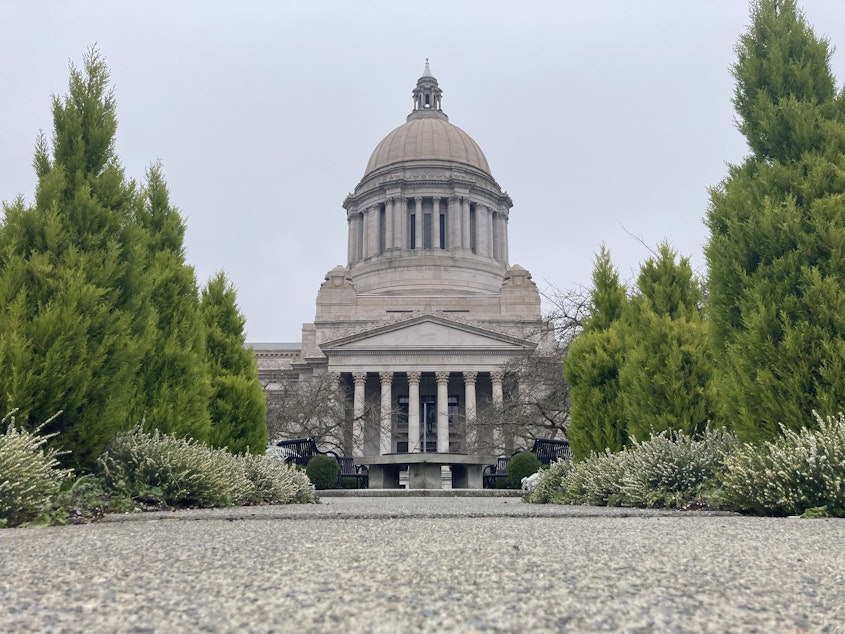WA Legislature ends 2023 session without Blake fix

Washington's state legislative session wrapped up last night. Lawmakers in Olympia took on big issues like housing, abortion access, and gun control.
The session will also be remembered for a major piece of legislation that unraveled at the last minute. As the clock ticked down, the State House failed to pass a new drug possession law.
The Washington Supreme Court struck down the state's felony drug possession law in 2021, ruling it unconstitutional. Legislators put in place a temporary fix that treated drug possession as a misdemeanor. That measure, known as the Blake fix, is set to expire over the summer.
"There were a lot of calls to strengthen the state's drug possession laws," said KUOW's state government reporter Jeanie Lindsay. "But there are a lot of folks that argue that the state needs to do more to address addiction and substance use disorder and to support people in a public health oriented way, instead of just slapping more legal penalties on drug possession."
The legislation had been debated all session and the version that the house voted on over the weekend made drug possession a gross misdemeanor, which carries heftier financial penalties and a little bit more jail time than a misdemeanor. Ultimately, the Blake bill failed in the house by a vote of 43-55.
Sponsored
"The risk at this point is that if the state statute expires in the summer, local cities and governments will start to pass their own ordinances and their own laws to essentially fill the space," Lindsay said.
This could set up a confusing patchwork of drug possession laws that vary from place to place across the state.
"Lawmakers are definitely very concerned about that. We heard concerns ahead of the vote that that would be a very horrible situation for Washington to be in," Lindsay added.
Aside from the drama surrounding the Blake bill, legislators did fulfill their constitutional obligation to pass a transportation, operating, and construction budget. The state's operating budget came in at nearly $69.3 billion.
Lawmakers have been negotiating those deals since late March.
Sponsored
"There was a lot of money for housing, K-12 education and schools, behavioral health, and they also allocated where they want to spend their Climate Commitment Act dollars for the first time," Lindsay said.
The Climate Commitment Act includes a carbon emissions auction that's expected to bring in more than $1.5 billion dollars over the next two years. Lawmakers will spend that money on further carbon emission reductions and environmental priorities.







